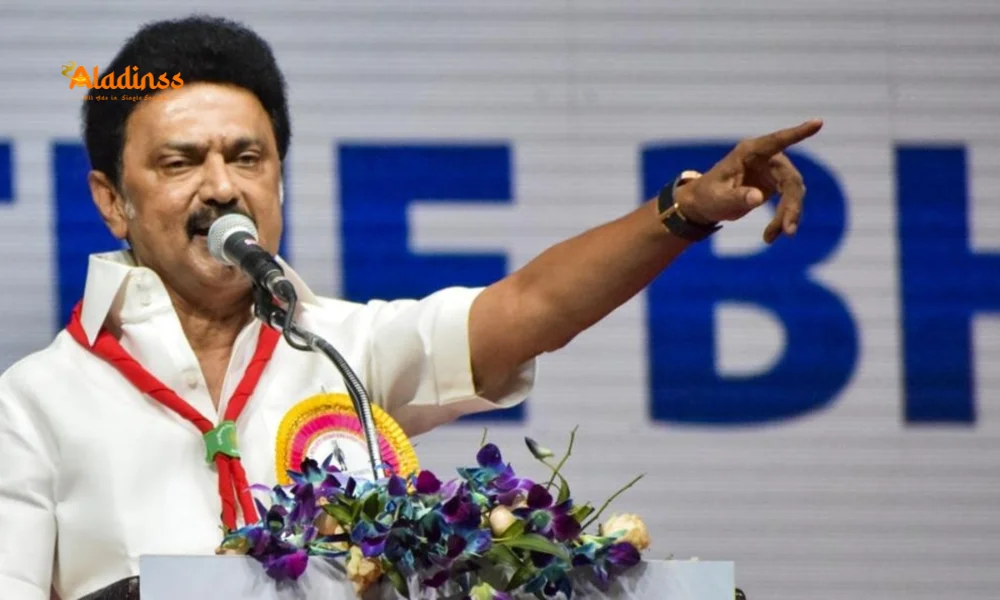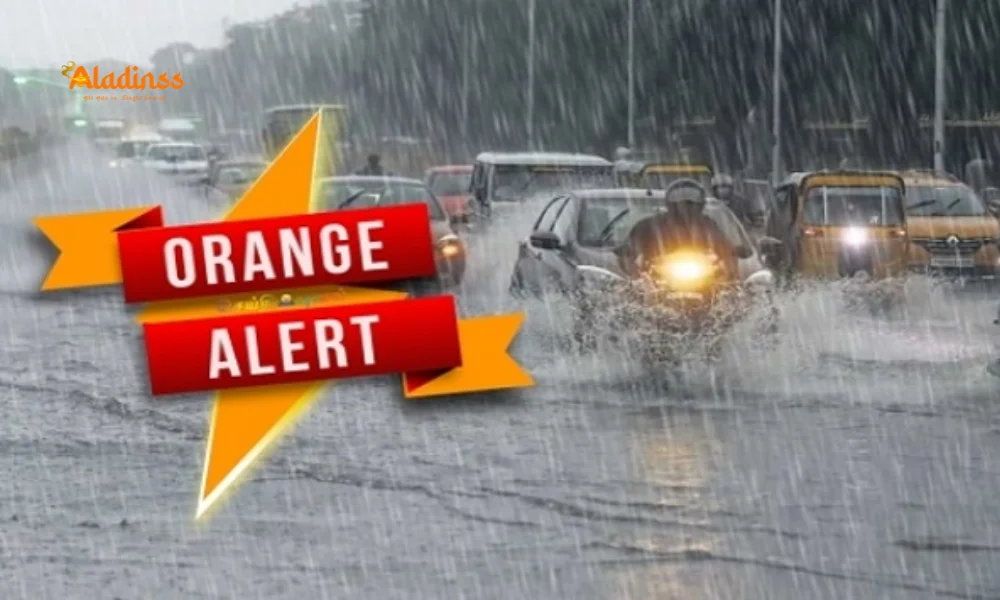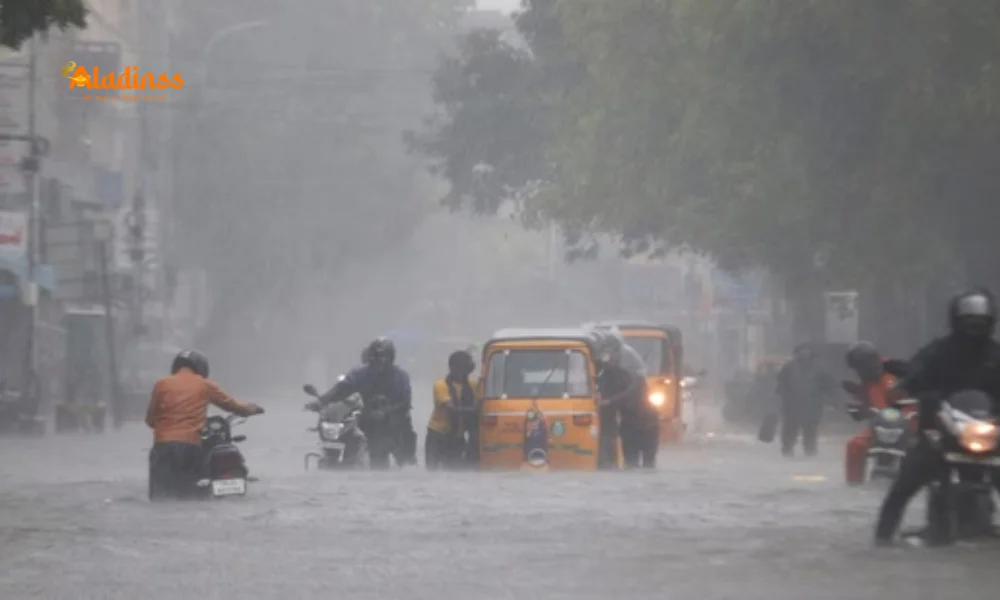Chamber Sues Trump Over $100K H-1B Fee
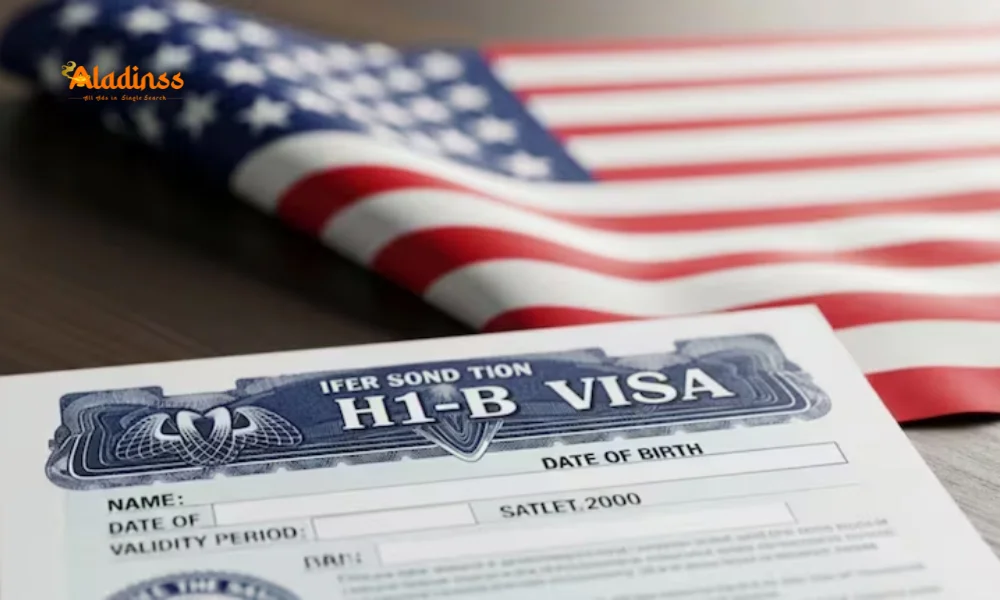
U.S. Chamber of Commerce Challenges Trump Over $100,000 H-1B Visa Fee in Federal Lawsuit
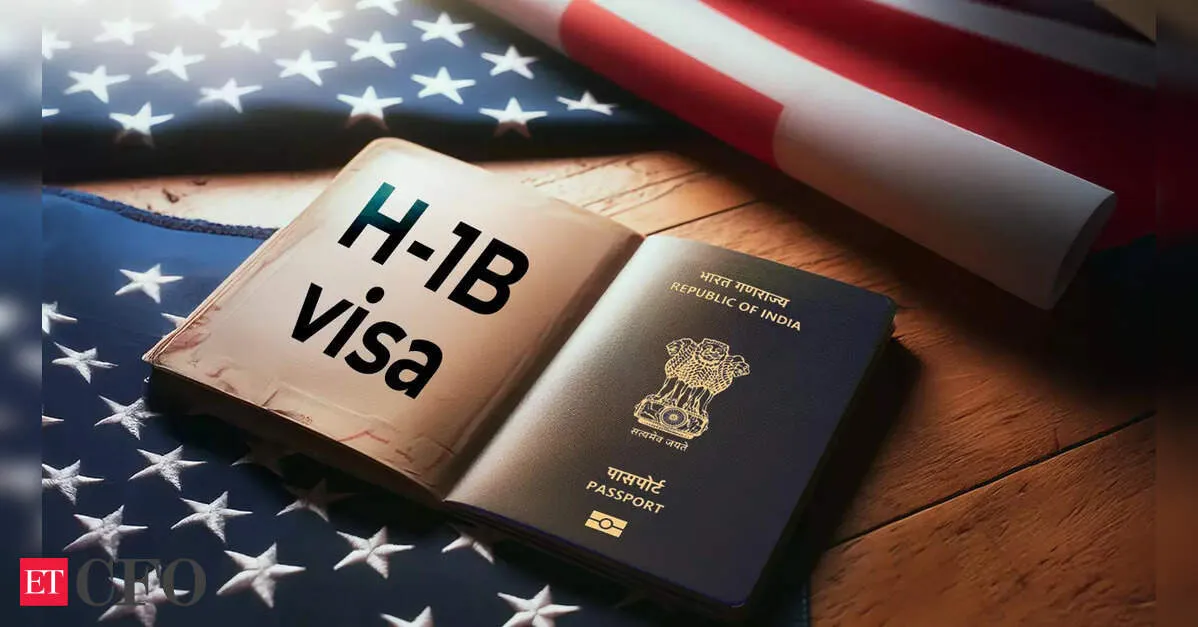
The U.S. Chamber of Commerce has launched a high-profile federal lawsuit against the Trump administration, contesting the imposition of a staggering $100,000 annual fee for new H-1B visa applications as illegal and detrimental to American enterprises. Filed on October 16, 2025, in a Washington D.C. district court, the H-1B visa fee lawsuit seeks to invalidate the executive order and halt its enforcement by agencies like the Department of Homeland Security and State Department. Business leaders argue that this exorbitant charge, introduced last month to curb outsourcing, far exceeds statutory limits and could cripple innovation in sectors reliant on global talent.
H-1B visas, designed for specialty occupations in fields like technology, engineering, and healthcare, have long been a lifeline for U.S. companies facing domestic talent shortages. With tech giants such as Amazon, Microsoft, and Google topping recipients—awarding over 10,000 annually—the program draws heavily from skilled professionals in India, comprising nearly 75% of approvals. The Chamber's complaint contends that President Trump's directive bypasses congressional intent, imposing fees untethered to actual processing costs, which previously hovered under $3,600 per application.
This H-1B visa fee lawsuit arrives as the administration touts the measure as a safeguard against wage suppression and job displacement, exempting renewals but offering limited waivers. Critics, including the Chamber, warn of immediate fallout: soaring labor expenses or reduced hiring of irreplaceable experts, from software developers to medical specialists, potentially stifling economic growth in high-tech hubs like California.
Legal Grounds of the H-1B Visa Fee Lawsuit: Overreach or Protectionism?
At the heart of the H-1B visa fee lawsuit lies a constitutional challenge: the complaint asserts that the executive branch's unilateral fee hike contravenes the Immigration and Nationality Act, which mandates charges reflect only administrative expenses, not punitive barriers. Naming DHS Secretary Kristjen Nielsen and Secretary of State Mike Pompeo as defendants, the suit demands an injunction, arguing Trump's proclamation "directly contradicts laws passed by Congress" and erodes presidential authority's statutory bounds.
The administration defends the fee as a national security imperative, claiming it deters "abuse" where firms favor lower-wage foreign hires over Americans. Introduced via executive order on September 15, 2025, the policy targets new petitions, with a one-year sunset clause renewable if deemed vital. Waivers are available via a streamlined form, but the Chamber labels this "insufficient," projecting a 40% drop in H-1B filings that could exacerbate tech sector vacancies.
Legal scholars anticipate a swift hearing, given precedents like the 2018 travel ban challenges, where courts scrutinized executive immigration powers. If successful, the H-1B visa fee lawsuit could set a benchmark for future reforms, balancing workforce needs with border controls.
Impact on U.S. Businesses: Tech Giants and Beyond Feel the Squeeze
The proposed $100,000 levy threatens to upend operations for H-1B reliant industries, where applications already navigate a lottery system capping 85,000 visas yearly. Amazon, the 2025 leader with 10,000+ approvals, followed by Tata Consultancy Services, Microsoft, Apple, and Google, could face ballooning costs—equivalent to a mid-level engineer's salary—prompting offshoring or hiring freezes. California, home to 30% of H-1B workers, risks innovation stagnation, with Silicon Valley firms warning of delayed projects in AI and cloud computing.
Beyond tech, sectors like education and healthcare stand vulnerable: rural hospitals and understaffed schools depend on H-1B for specialized roles, from pediatricians to STEM educators. The Chamber's filing projects a $50 billion economic hit in the first year, citing studies showing H-1B holders boost productivity by 10-15%. Critics of the program counter that it enables wage undercutting, with entry-level classifications allowing firms to pay 20% below market rates despite workers' expertise.
- Tech sector: 70% of H-1B visas; potential 25% hiring cut per USCIS data.
- Healthcare: 15% usage; rural clinics at risk of staff shortages.
- Education: Teachers from India fill gaps in math and science programs.
The fee's exemption for renewals offers partial relief, but new hires—vital for growth—bear the brunt, fueling the H-1B visa fee lawsuit's urgency for swift judicial intervention.
H-1B Program Deep Dive: Origins, Lottery, and Ongoing Debates
Enacted in 1990 under the Immigration Act, the H-1B visa program aimed to attract "specialty occupation" talent, evolving from a modest cap to today's lottery frenzy amid surging demand. The annual 65,000 regular visas plus 20,000 for advanced-degree holders are raffled, with over 400,000 applications in FY2025, yielding a 20% selection rate. Indian firms like TCS dominate outsourcing, but US innovators like Tesla and Meta laud the influx for fueling breakthroughs.
Geographically, California's Bay Area hosts 40% of holders, driving GDP contributions estimated at $200 billion yearly by the National Foundation for American Policy. Yet, detractors highlight abuses: "body shops" sponsoring low-skill roles at depressed wages, displacing locals. Reforms under Trump 1.0 raised denial rates to 24%, but Biden eased them to 13%, sparking the current backlash.
The H-1B visa fee lawsuit spotlights these tensions, with the Chamber advocating wage floors and audits over blunt fees, urging a balanced path to protect American jobs without alienating global brains.
Broader Implications: Economic Ripples and Immigration Policy Shifts
Should the $100,000 fee persist, ripple effects could cascade through supply chains, delaying software updates and medical research reliant on H-1B expertise. Startups, already cash-strapped, might fold, eroding the 25% of unicorn firms founded by immigrants. The lawsuit, backed by tech lobbies like the Information Technology Industry Council, frames this as an assault on competitiveness, projecting 100,000 lost jobs nationwide.
On the flip side, proponents like Trump's labor advisor Peter Navarro hail it as "America First" equity, curbing a program critics say funnels 80% of visas to four countries. Bipartisan murmurs in Congress hint at cap hikes or merit-based tweaks, but the H-1B visa fee lawsuit accelerates calls for legislative clarity over executive fiat.
As the case advances, it encapsulates America's immigration crossroads: fostering innovation or fortifying borders, with billions in economic stakes hanging in judicial balance.
What Lies Ahead: Court Timelines and Potential Outcomes
The H-1B visa fee lawsuit, docketed under Case No. 25-cv-04567, eyes an expedited ruling by November 2025, leveraging the fee's November 1 rollout. If granted, a preliminary injunction could freeze enforcement, buying time for appeals up to the Supreme Court. Success for the Chamber might embolden challenges to other Trump immigration edicts, like asylum curbs.
Conversely, upholding the fee could reshape H-1B dynamics, spurring domestic training investments or bilateral talent pacts with allies. Stakeholders from NASSCOM to the AFL-CIO watch closely, as this battle redefines skilled migration's role in U.S. prosperity.
With stakes encompassing innovation ecosystems and labor markets, the H-1B visa fee lawsuit promises landmark precedents in an era of polarized policy.
Comment / Reply From
No comments yet. Be the first to comment!
